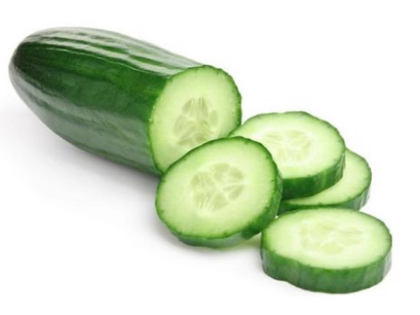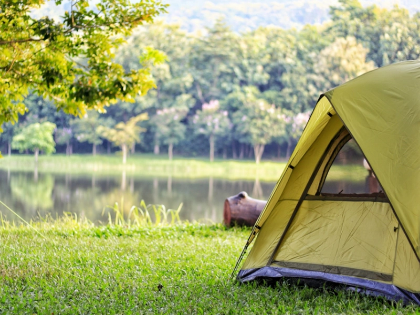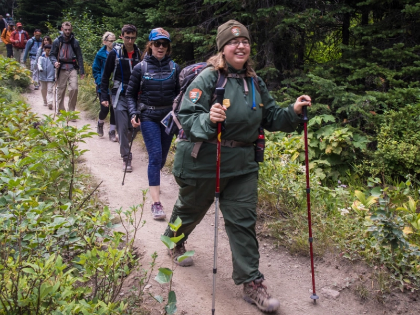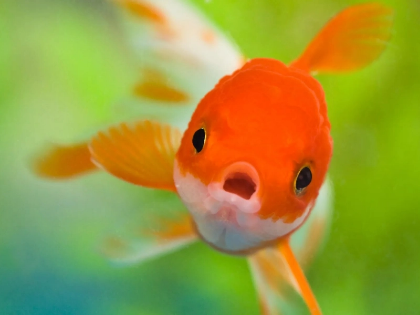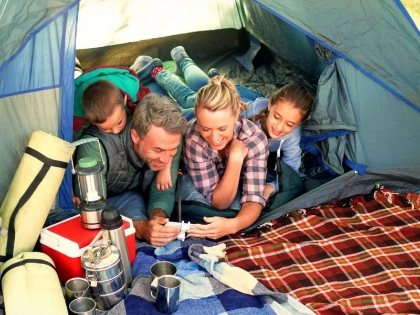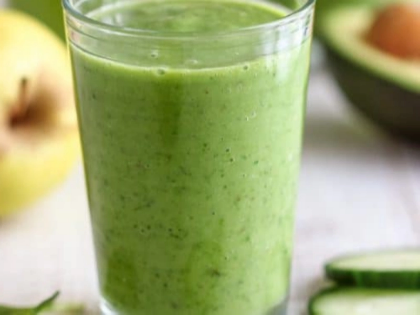Is Hiking a Fat Burner?
Hiking has several advantages, such as enhanced cardiovascular health, greater muscular growth, and a full-body workout. Additionally, it enhances body symmetry and increases caloric expenditure during rest. You should think about changing your speed and route to optimise fat burning. For increased intensity, consider using trekking poles. Additionally, rucking—or carrying your backpack—can increase your caloric expenditure.
It's an all-body exercise.
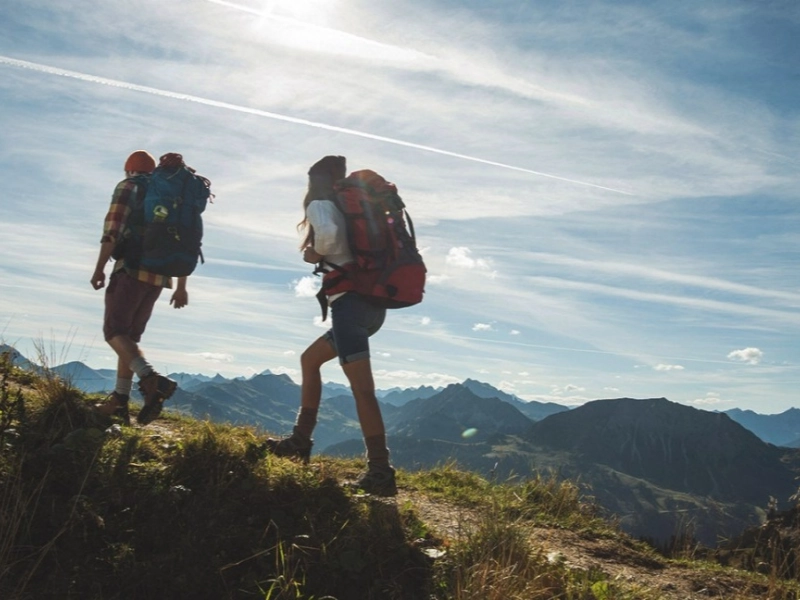
This exercise is aerobic.
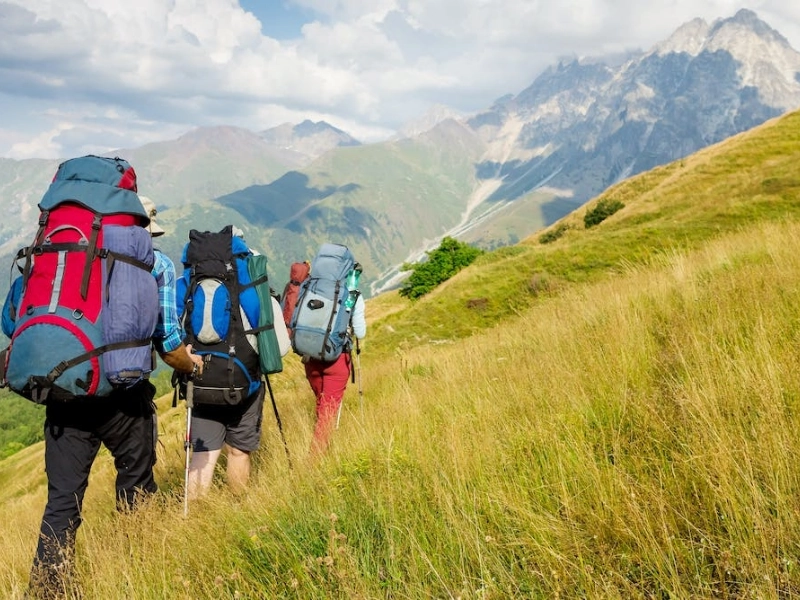 Hiking is an excellent way to burn calories and work your entire body. It tones your core and works all of your key muscles. In comparison to running, it has less of an impact on the joints and enhances balance. It can also be an enjoyable way to take in the scenery.
Hiking has the potential to burn as many calories as or more than running, depending on your weight and pace. But the number of calories burned can vary significantly depending on the trail's gradient. An elevation that is steeper will make you work harder and burn more calories.
It is crucial to remember that although burning calories is one of hiking's benefits, it is not the primary one. Other advantages of hiking include increased endurance and muscle growth. Try to go hiking three times a week to get the most out of it. On the days you don't go hiking, do strength training. To maximise the benefits of your workout, also make sure you eat a balanced diet.
Hiking is an excellent way to burn calories and work your entire body. It tones your core and works all of your key muscles. In comparison to running, it has less of an impact on the joints and enhances balance. It can also be an enjoyable way to take in the scenery.
Hiking has the potential to burn as many calories as or more than running, depending on your weight and pace. But the number of calories burned can vary significantly depending on the trail's gradient. An elevation that is steeper will make you work harder and burn more calories.
It is crucial to remember that although burning calories is one of hiking's benefits, it is not the primary one. Other advantages of hiking include increased endurance and muscle growth. Try to go hiking three times a week to get the most out of it. On the days you don't go hiking, do strength training. To maximise the benefits of your workout, also make sure you eat a balanced diet.
It's an exercise in strength training.
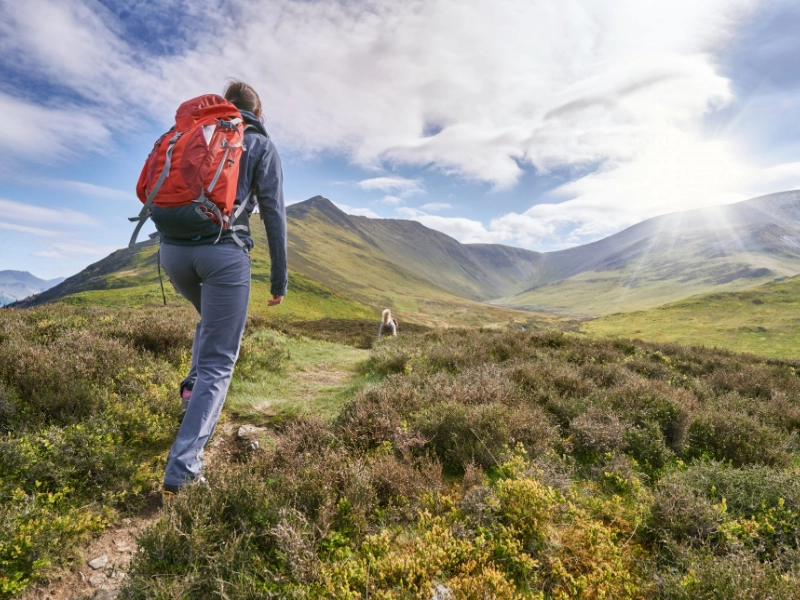 Hiking exercises several different muscular groups, making it an excellent strength-training exercise. It also calls for balance, which strengthens the muscles in the core. Hiking also aids in weight loss and calorie burning. Hiking can burn a significant amount of calories; therefore, it's crucial to keep an eye on your intake of calories. A modest walk, for instance, can burn almost 400 calories in an hour.
Additionally, hiking strengthens the cardiac muscles and increases endurance. Hiking at a comfortable pace will help them achieve this. As they get more fit, they can also walk longer distances.
After your hikes, it's crucial to spend a few minutes stretching. Your flexibility will increase as a result, and injuries will be avoided. Additionally, static stretches should be avoided prior to hiking since they may result in injury. When warming up before a trek, dynamic stretches like jumping jacks and walking lunges work better. For safety concerns, it's also advised to use a hydration pack and a lightweight backpack.
Hiking exercises several different muscular groups, making it an excellent strength-training exercise. It also calls for balance, which strengthens the muscles in the core. Hiking also aids in weight loss and calorie burning. Hiking can burn a significant amount of calories; therefore, it's crucial to keep an eye on your intake of calories. A modest walk, for instance, can burn almost 400 calories in an hour.
Additionally, hiking strengthens the cardiac muscles and increases endurance. Hiking at a comfortable pace will help them achieve this. As they get more fit, they can also walk longer distances.
After your hikes, it's crucial to spend a few minutes stretching. Your flexibility will increase as a result, and injuries will be avoided. Additionally, static stretches should be avoided prior to hiking since they may result in injury. When warming up before a trek, dynamic stretches like jumping jacks and walking lunges work better. For safety concerns, it's also advised to use a hydration pack and a lightweight backpack.
It's a mental exercise.
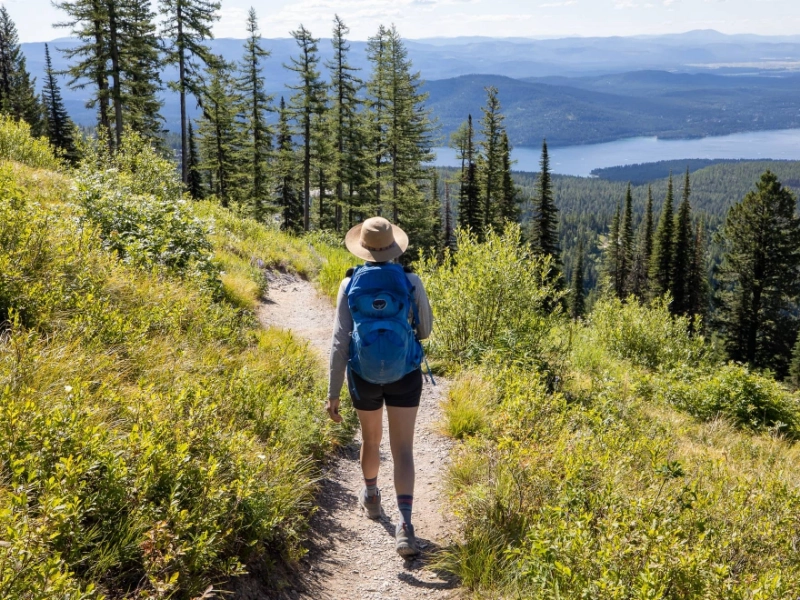 Hiking is a fantastic way to spend time outside and burn calories. But because it's not as quick-paced as a high-intensity activity like a sprint or jog, most people assume it's not an effective cardio workout. On the other hand, a lengthy walk can burn more calories than a vigorous gym session.
Hiking not only burns calories but also provides an excellent brain workout. Hiking has been shown in studies to help lower stress, depression, and negative thinking. Additionally, hiking can elevate your mood and boost your self-esteem. Reconnecting with nature and relaxing might also be aided by it.
Hiking is a terrific way to get exercise in a variety of settings for people of all fitness levels. It's critical to pack enough food and drink to last the entire trek. While some hikers like to munch on energy bars and gels, others choose to eat fruit or nuts. You can feel more energised and satisfied after a walk if you eat a well-balanced meal both before and after.
Hiking is a fantastic way to spend time outside and burn calories. But because it's not as quick-paced as a high-intensity activity like a sprint or jog, most people assume it's not an effective cardio workout. On the other hand, a lengthy walk can burn more calories than a vigorous gym session.
Hiking not only burns calories but also provides an excellent brain workout. Hiking has been shown in studies to help lower stress, depression, and negative thinking. Additionally, hiking can elevate your mood and boost your self-esteem. Reconnecting with nature and relaxing might also be aided by it.
Hiking is a terrific way to get exercise in a variety of settings for people of all fitness levels. It's critical to pack enough food and drink to last the entire trek. While some hikers like to munch on energy bars and gels, others choose to eat fruit or nuts. You can feel more energised and satisfied after a walk if you eat a well-balanced meal both before and after.
